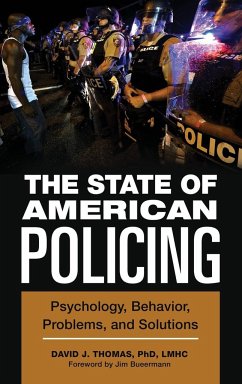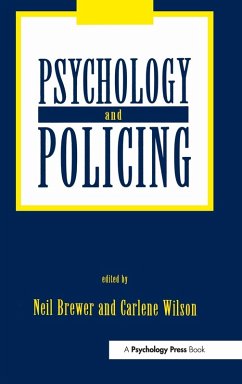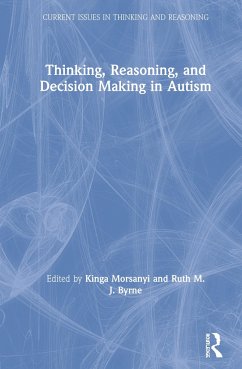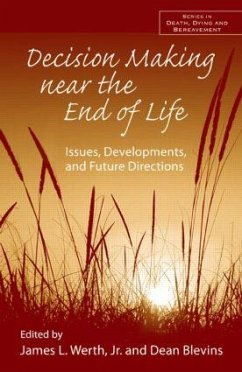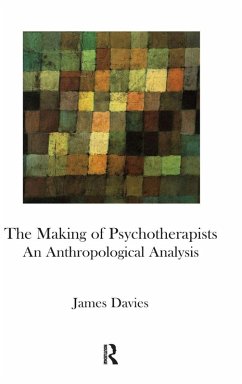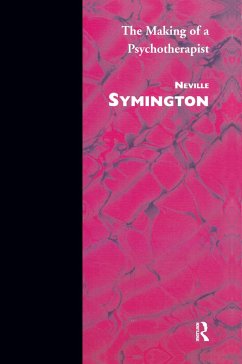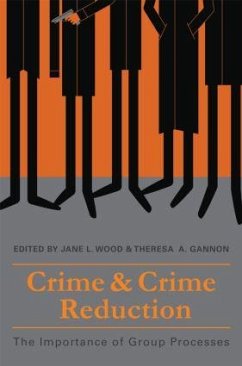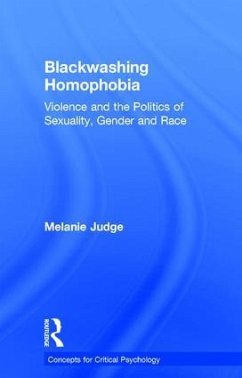
Making an Impact on Policing and Crime
Psychological Research, Policy and Practice
Herausgeber: Stott, Clifford; Radburn, Matthew; Bradford, Ben
Versandkostenfrei!
Versandfertig in 1-2 Wochen
167,99 €
inkl. MwSt.

PAYBACK Punkte
84 °P sammeln!
Making an Impact on Policing and Crime: Psychological Research, Policy and Practice applies a range of case studies and examples of psychological research by international, leading researchers to tackle real-world issues within the field of crime and policing. Making an Impact on Policing and Crime documents the application of cutting-edge research to real-world policing and explains how psychologists' insights have been adapted and developed to offer effective solutions across the criminal justice system. The experts featured in this collection cover a range of psychological topics surroundin...
Making an Impact on Policing and Crime: Psychological Research, Policy and Practice applies a range of case studies and examples of psychological research by international, leading researchers to tackle real-world issues within the field of crime and policing. Making an Impact on Policing and Crime documents the application of cutting-edge research to real-world policing and explains how psychologists' insights have been adapted and developed to offer effective solutions across the criminal justice system. The experts featured in this collection cover a range of psychological topics surrounding the field, including the prevention and reduction of sexual offending and reoffending, the use of CCTV and 'super-recognisers', forensic questioning of vulnerable witnesses, the accuracy of nonverbal and verbal lie detection interview techniques, psychological 'drivers' of political violence, theoretical models of police-community relations, and the social and political significance of urban 'riots'. This collection is a vital resource for practitioners in policing fields and the court system and professionals working with offenders, as well as students and researchers in related disciplines.





